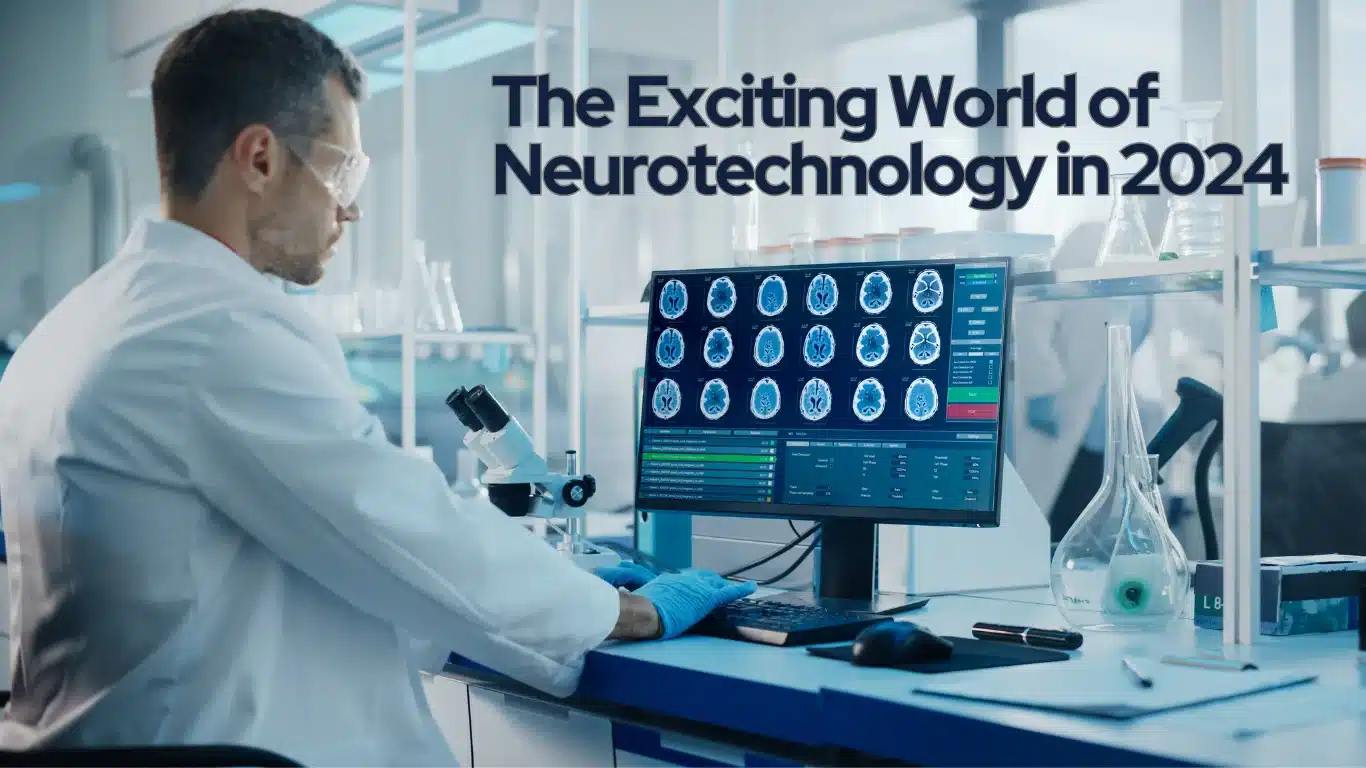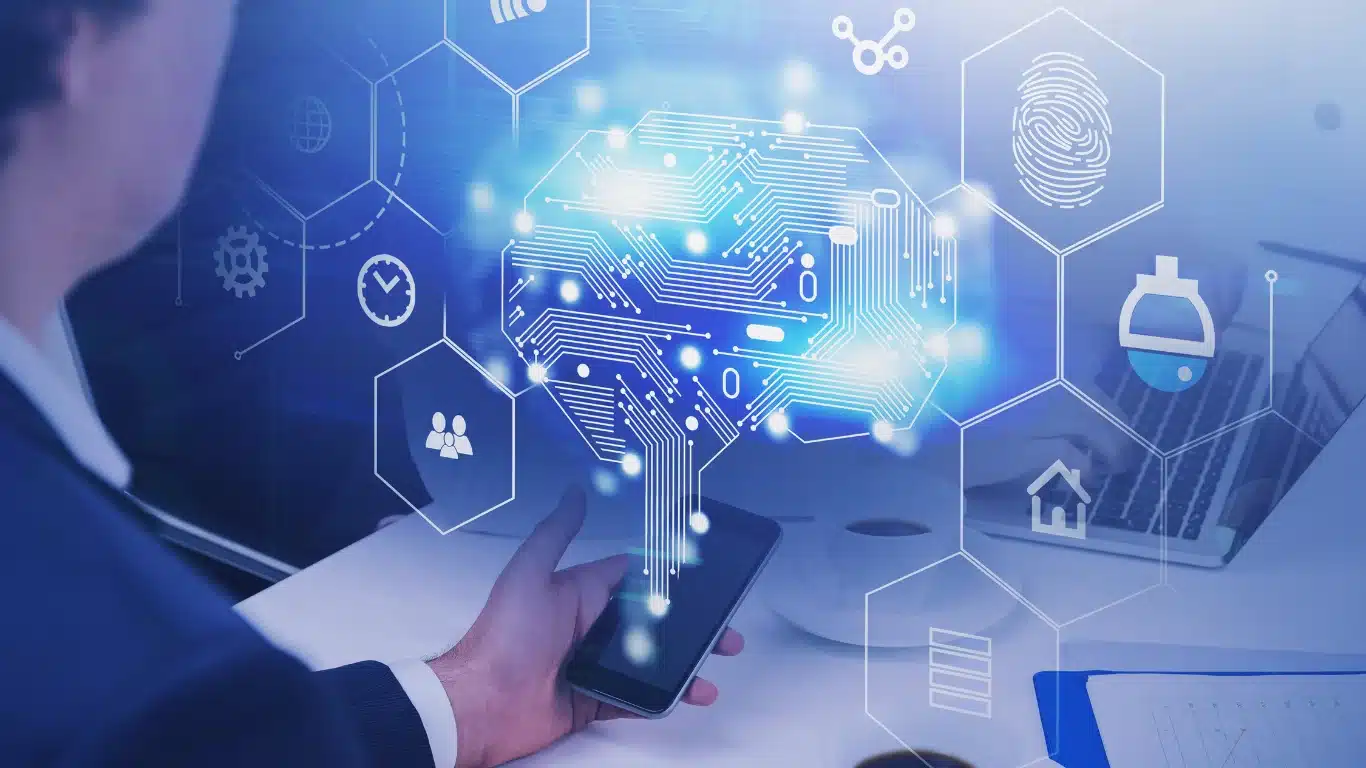Welcome to an exploration of the enthralling field of neurotechnology. This exciting domain converges neuroscience with cutting-edge technology to revolutionise various sectors, including healthcare, gaming, and productivity tools. This guide delves deeply into the intricacies of neurotechnology, its historical context, workings, applications, ethical considerations, and its future potential.
Table of Contents
What is Neurotechnology?
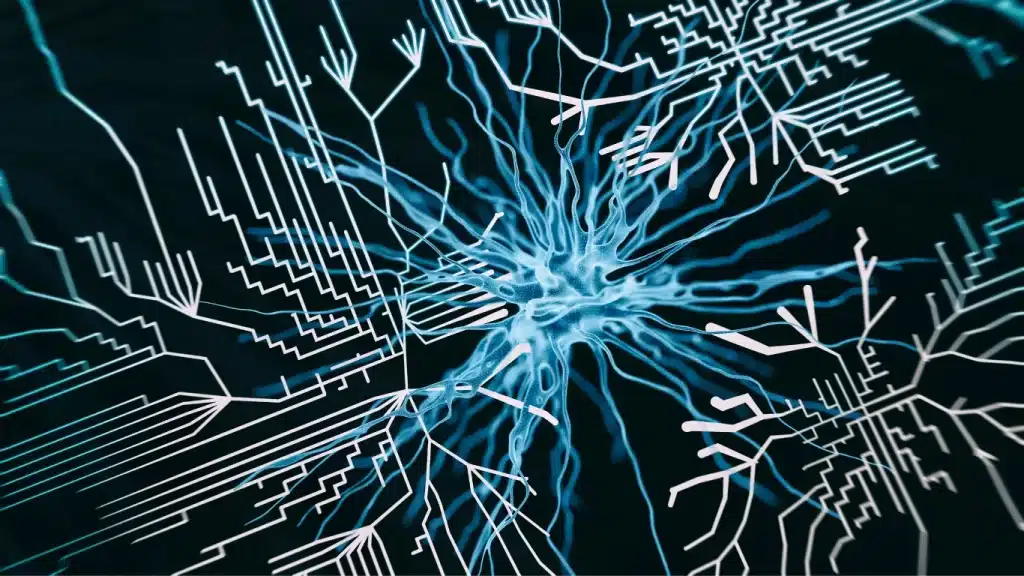
Neurotechnology, at its core, is an interdisciplinary field that spans the intersection of neuroscience and technology. It involves the creation, use, and application of devices, methodologies, and technologies that interact directly with the brain and the nervous system. This field aims to comprehend, repair, enhance, and even augment the functions of the brain via technological interventions.
The Historical Journey of Neurotechnology
The origins of neurotechnology can be traced back to early civilisations, where preliminary attempts to understand the brain and its functions laid the groundwork for future advancements. The ancient Egyptians are accredited with creating the oldest written record containing the word “brain.”
They were also the first to provide written accounts of the brain’s anatomy, including the meninges (the coverings of the brain) and cerebrospinal fluid. The word “brain” appears in the Edwin Smith Surgical Papyrus, a paper-like document (also called a “papyrus”) written around 1700 BC, which is based on texts dating back to about 3000 BC and is considered to be the first medical document in the history of mankind. It is believed that the papyrus may have been written by Imhotep, a renowned Egyptian physician.
However, the contemporary epoch of neurotechnology emerged in the mid-20th century with the advent of technologies such as electroencephalography (EEG) and functional magnetic resonance imaging (fMRI). These breakthroughs paved the way for a more profound understanding of brain activity and structure, enabling the development of neuroprosthetics, deep brain stimulation, and neuromodulation techniques.
How Does Neurotechnology Work?
Neurotechnology operates on the fundamental principle of interfacing with the brain and nervous system to monitor, modulate, or interpret neural activity. Non-invasive techniques such as EEG and fMRI capture brain signals and patterns to provide insights into cognitive processes and brain functioning. Contrastingly, Brain-computer interfaces (BCIs) allow direct communication between the brain and external devices. BCIs enable individuals to control prosthetic limbs, communicate through thought, or interact with computer systems using neural signals.
Applications of Neurotechnology
Neurotechnology finds applications across various domains, spanning from healthcare and rehabilitation to entertainment and human-computer interaction. In the realm of healthcare, neurotechnological innovations have led to significant advancements in the diagnosis, treatment, and management of neurological conditions such as Parkinson’s disease, epilepsy, and stroke. Furthermore, neurotechnology has permeated the gaming industry, enabling immersive experiences and enhancing cognitive training through neurofeedback-based games.
Neurotechnology in Healthcare
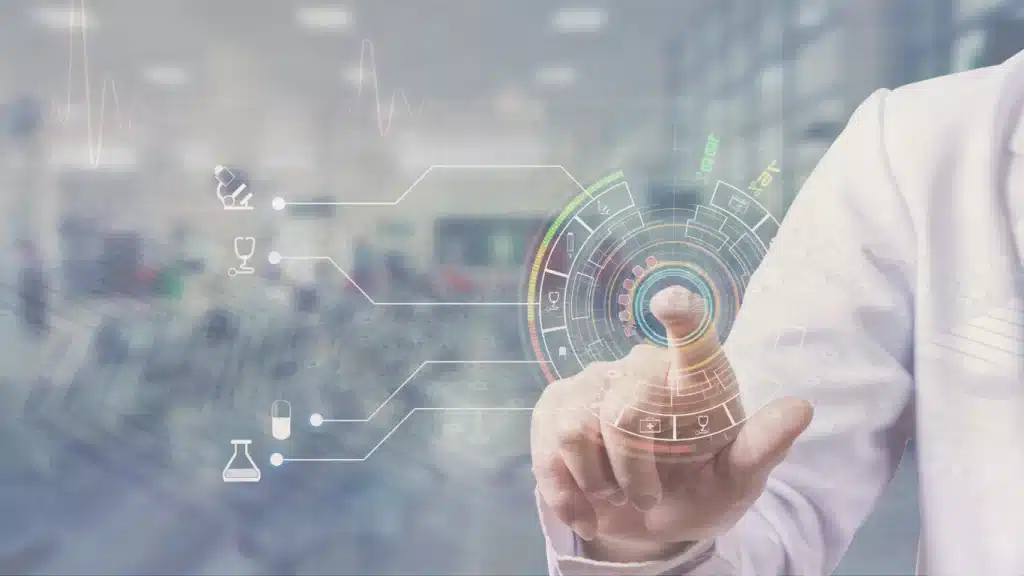
The impact of neurotechnology in healthcare is profound, revolutionising the diagnosis, treatment, and management of neurological conditions. Neuroimaging techniques, such as MRI and PET scans, provide detailed insights into brain structure and function, enabling accurate diagnosis and personalised treatment planning for conditions like brain tumours and neurodegenerative diseases. Moreover, neurofeedback has gained traction as a non-pharmacological approach for addressing attention-deficit/hyperactivity disorder (ADHD) and anxiety disorders, empowering individuals to regulate their brain activity for symptom management.
Ethical Considerations in Neurotechnology
As neurotechnology continues to advance, ethical considerations surrounding neurotechnology and privacy, consent, and the potential misuse of neural data have come to the forefront. The collection and storage of neural information raise concerns about data security, confidentiality, and the implications of accessing individuals’ thoughts and cognitive states. Moreover, the use of neurotechnology for cognitive enhancement and performance augmentation raises questions about ethics of neurotechnology: fairness, equity, and the unintended consequences of altering natural cognitive abilities.
Advancements and Innovations in Neurotechnology
Recent advancements in neurotechnology have heralded groundbreaking innovations, expanding the frontiers of brain-computer interfaces, neuroprosthetics, and neurorehabilitation. Miniaturised, implantable devices for neural recording and stimulation have enhanced the precision and longevity of neurotechnological interventions, paving the way for more seamless integration with the human body.
Challenges and Limitations of Neurotechnology
Despite its transformative potential, neurotechnology faces several challenges and limitations that warrant attention. The invasiveness and long-term stability of neural interfaces present technical hurdles in ensuring reliable and sustainable communication between the brain and external devices. Ethical and regulatory complexities surrounding the use of neurotechnology demand robust frameworks for data protection, informed consent, and responsible innovation.
Future of Neurotechnology
The future of neurotechnology holds immense promise, with ongoing neurotechnology research and development poised to unlock new frontiers in brain-machine interfaces, neurorehabilitation, and cognitive augmentation. Advancements in neural decoding and encoding techniques are set to enable more intuitive and seamless interactions between individuals and neurotechnological systems, fostering enhanced communication and control capabilities.
FAQ
What can neurotechnology be used for?
Neurotechnology is used in various fields, including healthcare, rehabilitation, entertainment, and human-computer interaction
What are the risks of neurotechnology?
Neurotechnology gathers personal data, including emotions and behaviour, raising concerns over misuse.
What are the different neurotechnologies?
Neurotechnologies include deep brain stimulation, optogenetics and photopharmacology, transcranial magnetic stimulation, transcranial electric stimulation, and brain-computer interfaces like cochlear and retinal implants.
Final Thoughts
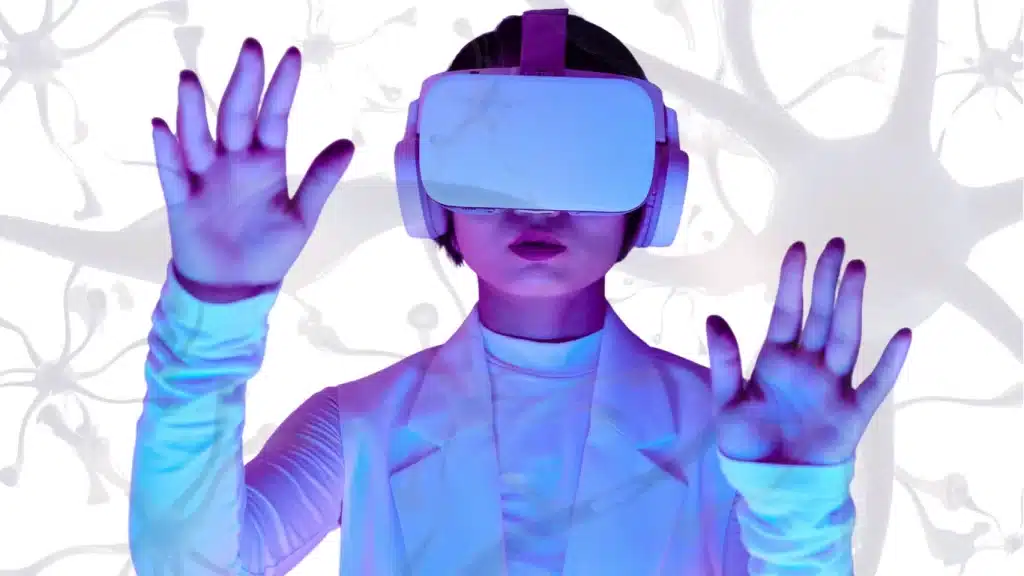
In conclusion, neurotechnology represents a convergence of cutting-edge science and technological innovation, with the potential to redefine how we perceive, interact with, and augment the human brain. From its roots in early neuroscientific inquiries to its current applications in healthcare, gaming, and cognitive enhancement, neurotechnology exemplifies the fusion of human ingenuity and the complexities of the brain.
As we navigate the ethical, technical, and societal considerations surrounding neurotechnology, it is imperative to foster responsible and inclusive approaches that leverage its transformative capabilities for the betterment of individuals and society as a whole. By embracing the possibilities that neurotechnology offers, we can propel humanity towards a future where the boundaries of human potential are extended through the seamless integration of neuroscience and technology.

